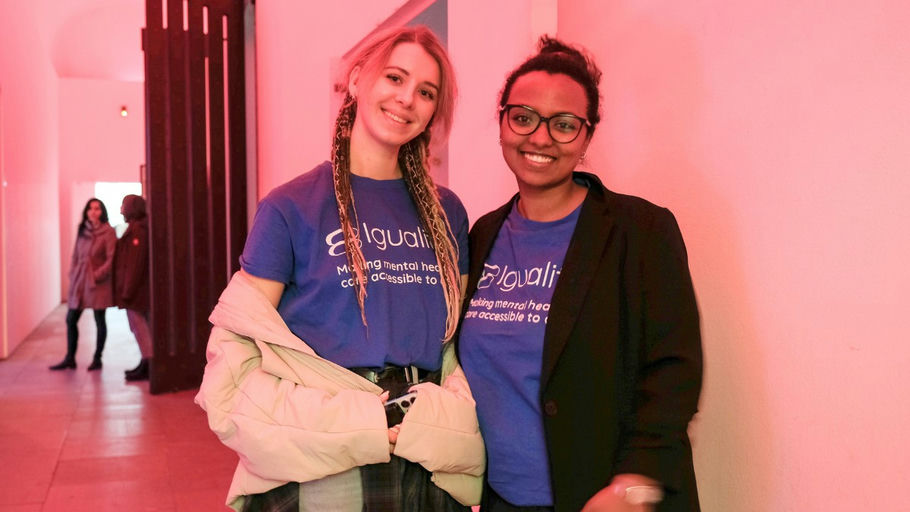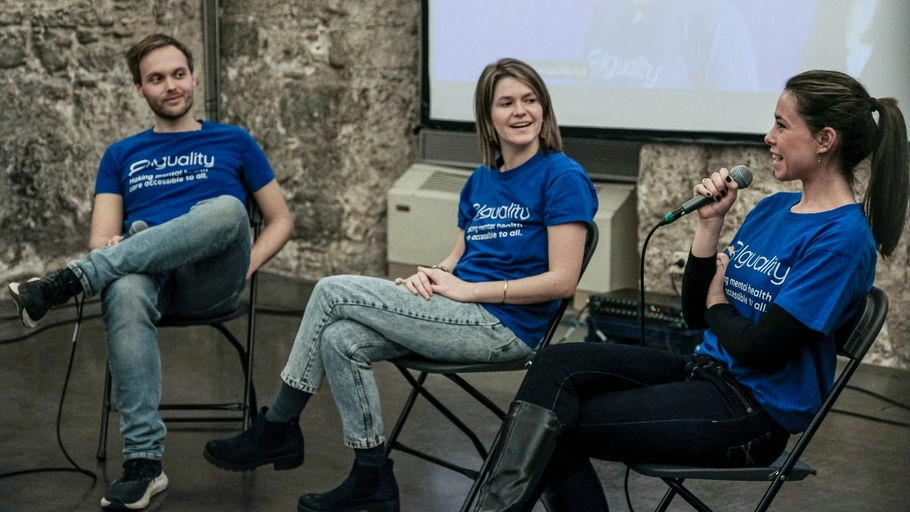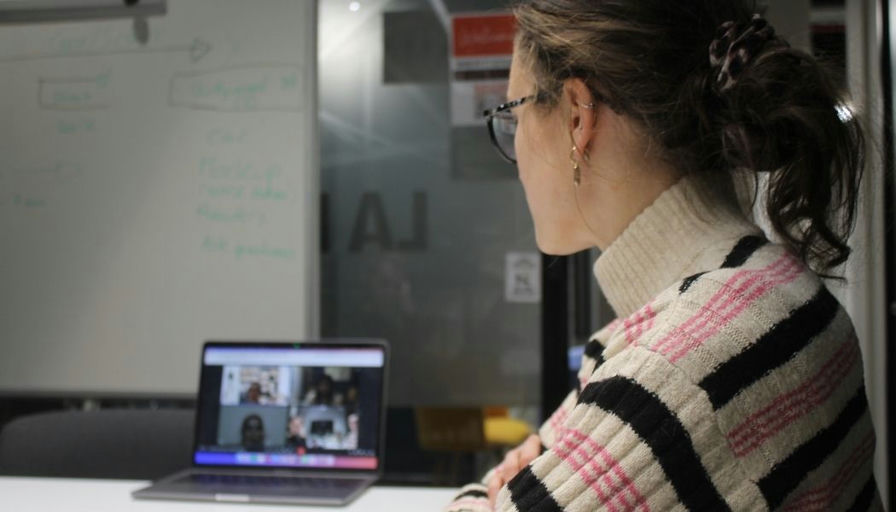
July 1, 2025


Research shows that communities—including refugees, women, LGBTIQ+ individuals, individuals living in poverty, individuals living with physical or mental disabilities, and others—experience an overall lower quality of mental well-being, with higher rates of anxiety, depression, PTSD, suicidal thoughts, and other challenges. Furthermore, these negative consequences on mental health not only affect individuals of those communities, but affect the community as a whole and can even lead to intergenerational trauma, where trauma is passed on from generation to generation.

These effects have only been worsened by the COVID-19 Pandemic, exacerbating pre-existing gaps in the healthcare system and giving rise to a mental health crisis. Unfortunately, many individuals face significant barriers in accessing mental health care. These include cultural stigma, language barriers, limited awareness about mental health, scarce mental health care options, and most commonly, economic barriers resulting from the high costs of healthcare, particularly in countries without adequate public mental health care systems or public healthcare systems in general.
These factors combine to create a detrimental snowball effect where inequality and marginalisation significantly impact the mental health of individuals and communities. Then, limited access to mental health care heightens these issues, furthering the challenges and perpetuating the cycle of inequality and negative mental health outcomes.

At Iguality, our mission is to improve the mental well-being of vulnerable populations, working towards breaking cycles of marginalisation and mitigating negative health outcomes. We see mental health care as a crucial frontline defence against inequality. We strongly believe that by providing, promoting, and ensuring free and equal access to mental health care services, we can disrupt the cycle of marginalisation and make significant improvements for those facing inequality.
In practice, this means that we offer cost-free mental health care support to a wide range of communities, mainly through individual counselling with the invaluable support of volunteer therapists and psychologists. Additionally, we organise a cost-free Sports Program where individuals can come together to play (team) sports, build a sense of community and connection, and thus improve their mental wellbeing. Through our work, we can support communities to reclaim their rights and their place in society, independent of where they are from or to which group they belong to, and with that, contribute to a more equal and fair society for all.


Stay up to date on our work, our awareness raising and advocacy efforts, our latest publications and of course, all our (sports) events by giving us a follow on social media or subscribing to our newsletter.
Stay up to date on our work, our awareness raising and advocacy efforts, our latest publications and of course, all our (sports) events by giving us a follow on social media or subscribing to our newsletter.

July 1, 2025

March 15, 2024

May 11, 2025

June 26, 2025

December 30, 2023

January 21, 2024

May 13, 2025

May 21, 2025

November 11, 2024